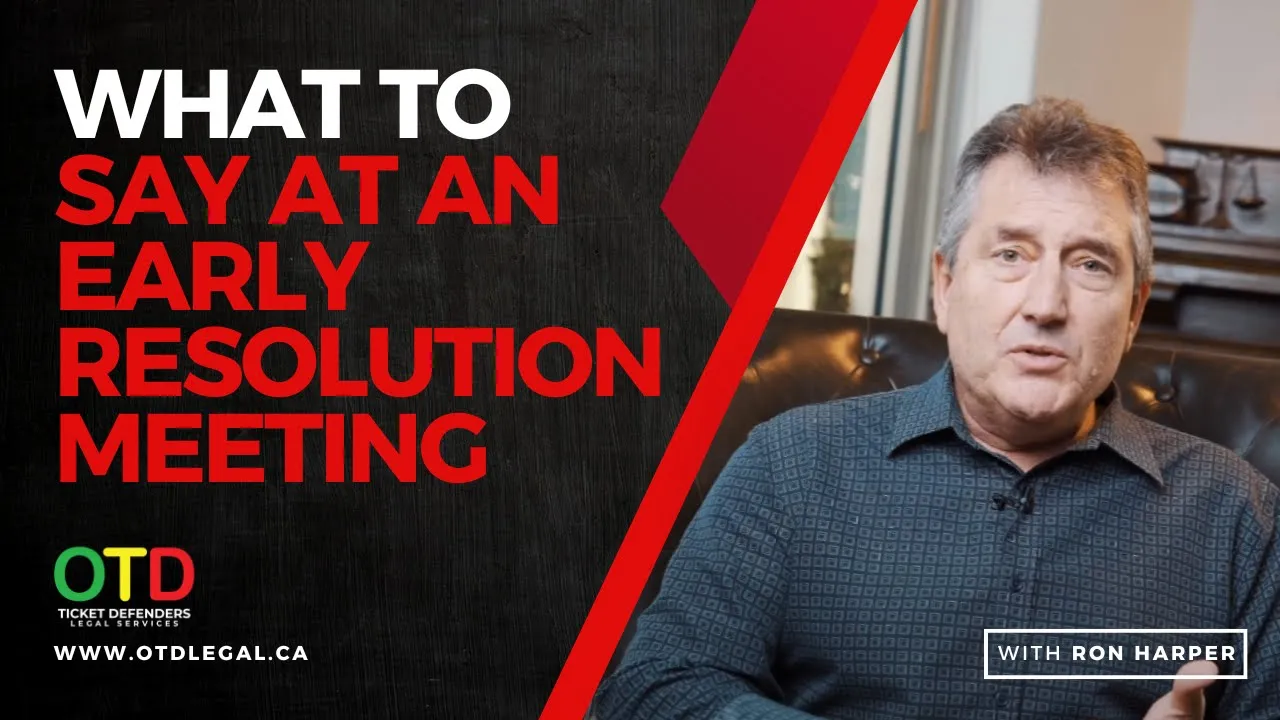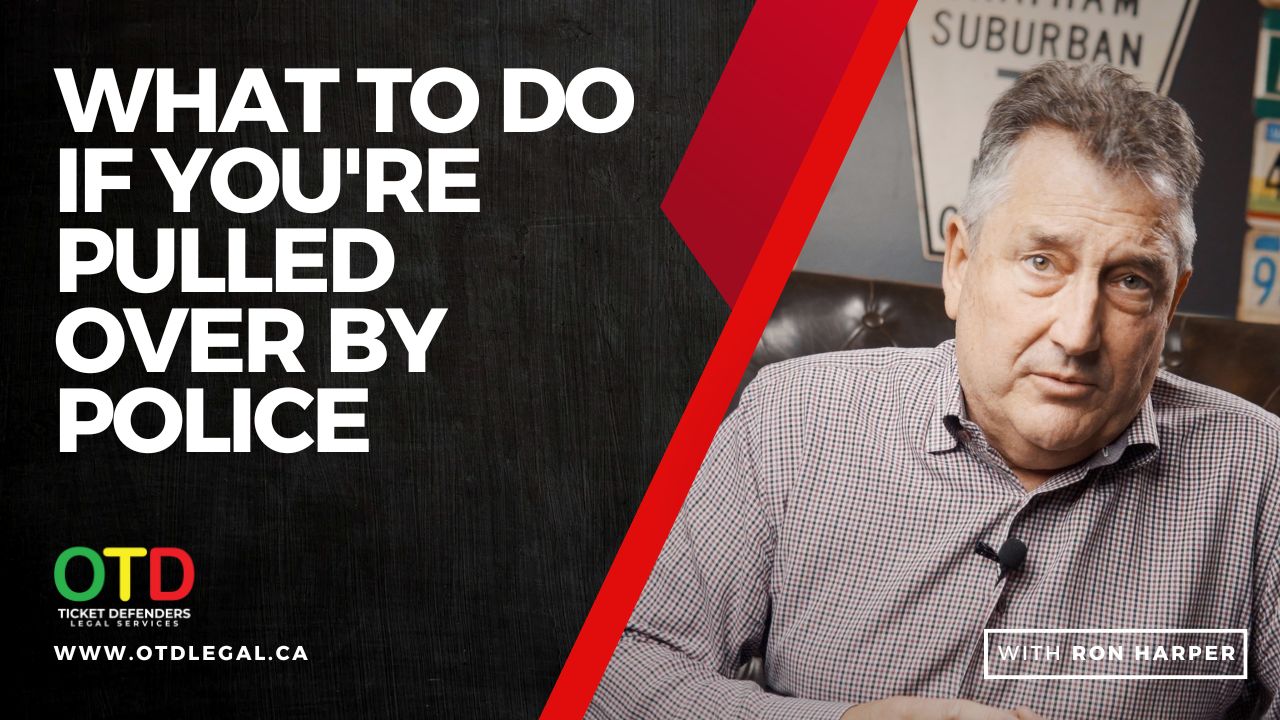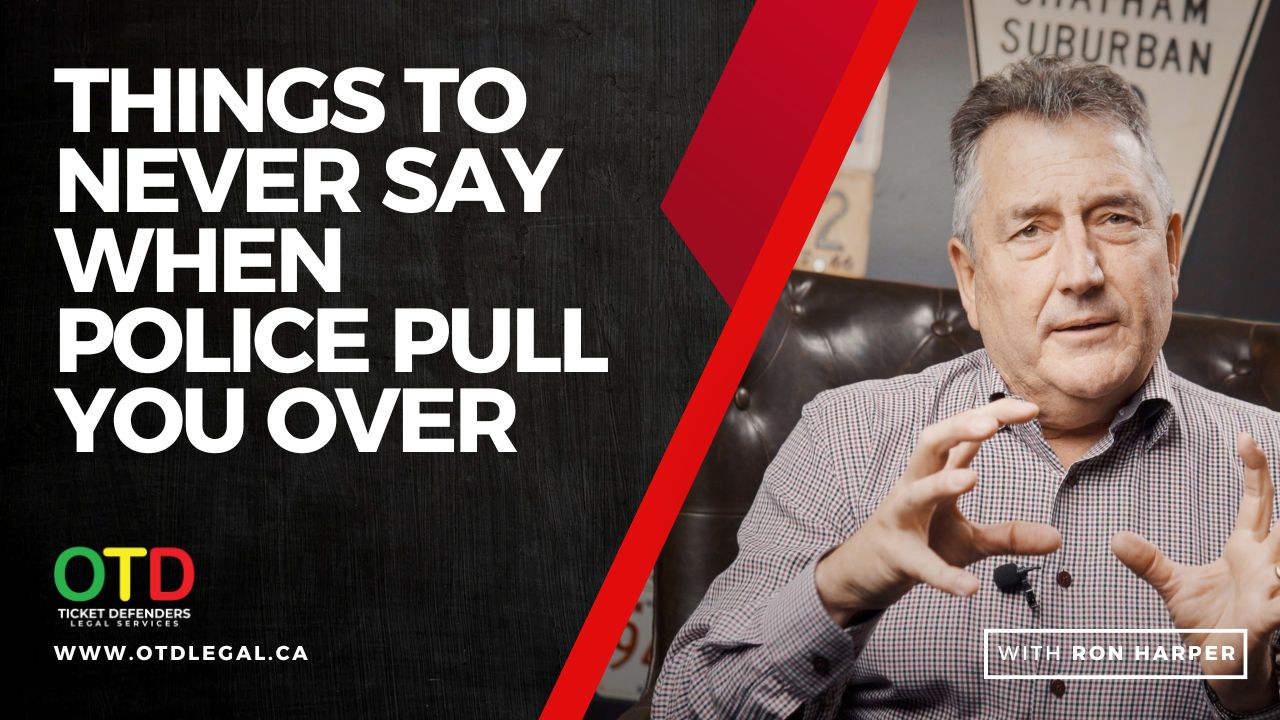High-speed vehicle pursuits are a danger to both the public and to law enforcement. Modern vehicles are capable of both very high rates of speed and of very high rates of acceleration. A sudden change in road conditions or obstacles in the road such as a vehicle or a pedestrian can lead to horrific results such as collision and loss of life. Innocent lives can be lost or be marred by injury and uninvolved parties can suffer financial costs. However, the OPP in Ontario think they may have a new handy tool to help reduce these problems.
You’ve likely seen it on the news. An aerial video of a target vehicle weaving around traffic at a high rate of speed with police cars in hot pursuit also weaving around traffic as they attempt to keep pace. As long as the driver of the target vehicle is adamant that they want to avoid capture, the police presence will motivate them to drive at the high rate of speed. But what if the police didn’t have to maintain the immediate high-speed pursuit? What if they could back off and take the pressure off of the person evading them so that they could slow down?
Enter STAR: Satellite Technology Apprehension Response system. It’s a little piece of James Bond gadgetry that is involved in a pilot project for the OPP in Ontario.
So what exactly is STAR? The system is mounted to the front of a police cruiser. It is a laser-aimed dart about the size of a small soda or soup can. When the dart hits the rear of the target vehicle, it attaches by way of an adhesive and a magnet.
The dart itself is a GPS locator that sends the location of the target vehicle back to a police communications centre. This allows the police to no longer have to keep visual contact with the vehicle. The OPP can safely back off to a safer speed and take the pressure off the fleeing driver to hopefully allow them to slow down to avoid causing a collision or injury. The target vehicle can be safely tracked from a distance. Perhaps allowing other police to create a roadblock further down the road or to wait for a safer location to effect a traffic stop.
There is the obvious weakness that the dart could possibly fall off the vehicle. Or the driver could stop their vehicle to remove the dart if they were aware of it. However, STAR adds a potentially useful tool for law enforcement that can be used in conjunction with other tools such as spotter aircraft and regular vehicle pursuit.
The STAR system began its pilot project in May 2017. It has been covered in news articles by The Toronto Star, CTV News, and CBC News. Sgt Kerry Schmidt of the OPP has posted a video of the STAR system to both Facebook and Twitter if you would like to see the system in action.
Sometimes driver’s panic and make the poor decision to flee the scene of a collision or to not stop for the police. This could come out of a fear of financial problems or being charged by the police and potentially going to jail. Whatever the rationale…fleeing the police or the scene of a collision is very likely to make a bad situation even worse.
For example, HTA section 200(1) deals with failing to remain at the scene of a collision. This offence carries the maximum MTO penalty of 7 demerit points. Court penalties for a conviction are as follows:
“(2) Every person who contravenes this section is guilty of an offence and on conviction is liable to a fine of not less than $400 and not more than $2,000 or to imprisonment for a term of not more than six months, or to both, and in addition the person’s license or permit may be suspended for a period of not more than two years.”
Keep in mind that this range of fine also incurs a 25% victim fine surcharge leading to a maximum total-payable fine of $2,500.00. A term of imprisonment of up to six months and a suspension of license of up to two years could also be applied. Those are incredibly serious penalties.
Highway Traffic Act section 216 deals with failing to stop for the police when signalled to do so. Like the previously discussed section, a conviction would result in a 7 demerit point penalty from the MTO. The base penalties under this section are as follows::
“(2) Every person who contravenes subsection (1) is guilty of an offence and on conviction is liable, subject to subsection (3),
(a) to a fine of not less than $1,000 and not more than $10,000;
(b) to imprisonment for a term of not more than six months; or
(c) to both a fine and imprisonment. 1999, c. 13, s. 1 (1).”
Further, if the court is satisfied that the defendant willfully continued to evade pursuit, the following penalties can be applied:
“(3) If a person is convicted of an offence under subsection (2) and the court is satisfied on the evidence that the person willfully continued to avoid police when a police officer gave pursuit,
(a) the person is liable to a fine of not less than $5,000 and not more than $25,000, instead of the fine described in clause (2) (a);
(b) the court shall make an order imprisoning the person for a term of not less than 14 days and not more than six months, instead of the term described in clause (2) (b); and
(c) the court shall make an order suspending the person’s driver’s license,
(i) for a period of five years, unless subclause (ii) applies, or
(ii) for a period of not less than 10 years, if the court is satisfied on the evidence that the person’s conduct or the pursuit resulted in the death of or bodily harm to any person. 1999, c. 13, s. 1 (1).”
A moment of panic or a poor decision can result in mandatory imprisonment and a total-payable fine ranging between $6,250.00 and $31,250.00.
Do You Need To Defend Yourself Against An Ontario Traffic Ticket?
If you need to defend your driving rights against an Ontario traffic ticket you should contact us as soon as possible. We have skill and experience in helping drivers just like you respond to a variety of traffic tickets and provide free, confidential consultations to empower you to fight your charges. We help drivers throughout Ontario including Cambridge, Georgetown, London, Windsor and from our home office in Kitchener. Contact us online or call us directly at 1.844.647.6869 or text us a copy of your ticket to 226-240-2480.







